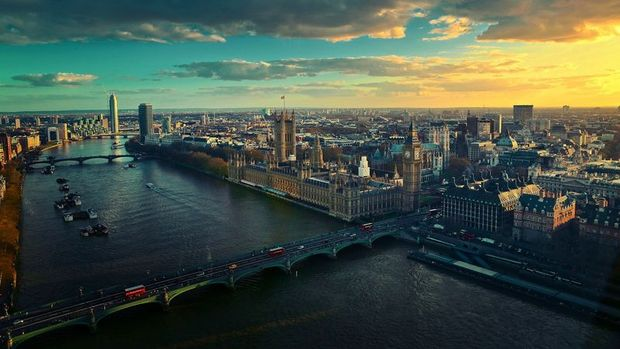Services pressure on inflation in the UK
Consumer prices in the UK fell more slowly than expected in April due to rigidity in the services group. Inflation in the UK fell less than expected in April, raising questions about the Bank of England’s (BOE) easing cycle. The country’s consumer price index increased by 2.3 percent in April compared to the same period of the previous year. Annual inflation was recorded as 3.2 percent in March. Economists participating in the Bloomberg survey expected an annual increase of 2.1 percent in April. When looked at on a monthly basis, prices increased by 0.3 percent. The expectation for this data was 0.1 percent. Monthly inflation in March was 0.6 percent. Core inflation indicators also pointed to a higher-than-expected outcome. Annual core inflation in the UK in April exceeded expectations of 3.6 percent at 3.9 percent. While inflation is now at its lowest level since the summer of 2021, evidence of persistent price pressures is likely to make BOE Governor Andrew Bailey and his colleagues less willing to ease borrowing costs, which are at their highest in 16 years. The April decline was seen as a mechanism designed to protect consumers from sharp moves in gas and electricity costs. April had been seen as a critical month because many bills, such as mobile phone contracts, are due to see annual increases. Bailey said on Tuesday he expected April inflation to fall “quite significantly” and that the fall would be “much closer to target than we have been before”. Chancellor Rishi Sunak made reducing inflation a key goal last year, but the easing of price pressures has not improved the Conservative Party’s polling position. Recent polls have shown Labour leading by around 20 points. The BOE has signalled it could cut interest rates this summer if price pressures cool as expected.


